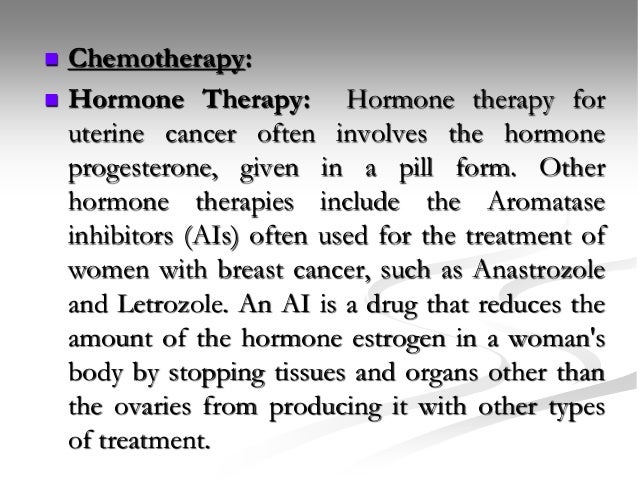Hormone Therapy for Cervical and Uterine Cancer

What is Hormone Therapy?
Hormone therapy is a type of cancer treatment that involves the use of medications to block or reduce the effects of hormones that can promote the growth of cancer cells. Hormones are chemicals that are produced by the body and are responsible for regulating various functions, including growth and development. In some cases, hormones can promote the growth of cancer cells, particularly in hormone-sensitive cancers like cervical and uterine cancer.
How Does Hormone Therapy Work?
Hormone therapy works by blocking or reducing the effects of hormones that can promote the growth of cancer cells. There are several different types of hormone therapy, including:
- Selective estrogen receptor modulators (SERMs)
- Aromatase inhibitors
- Luteinizing hormone-releasing hormone (LHRH) agonists
- Progestin therapy
Each type of hormone therapy works differently, but they all aim to reduce the amount of hormones that can promote the growth of cancer cells.
Benefits of Hormone Therapy for Cervical and Uterine Cancer
Hormone therapy can be an effective treatment option for women with cervical and uterine cancer. Some of the benefits of hormone therapy include:
- Reducing the size of tumors
- Slowing the growth of cancer cells
- Reducing the risk of cancer recurrence
- Reducing the need for more invasive treatments like surgery or radiation therapy
Risks and Side Effects of Hormone Therapy
Like all cancer treatments, hormone therapy can have side effects. Some of the most common side effects of hormone therapy include:
- Hot flashes
- Nausea
- Vaginal dryness
- Decreased sex drive
In some cases, hormone therapy can also increase the risk of blood clots, stroke, and other serious health problems. It is important to discuss the risks and benefits of hormone therapy with your doctor before beginning treatment.
FAQ
1. Can hormone therapy cure cervical and uterine cancer?
Hormone therapy is not a cure for cervical and uterine cancer, but it can be an effective treatment option for managing the disease and reducing the risk of recurrence.
2. How long does hormone therapy last?
The length of hormone therapy treatment can vary depending on the individual and the type of cancer being treated. Some women may only need hormone therapy for a few months, while others may need it for several years.
3. Is hormone therapy safe?
Like all cancer treatments, hormone therapy can have side effects and risks. It is important to discuss the risks and benefits of hormone therapy with your doctor before beginning treatment.
4. Can hormone therapy be used in combination with other cancer treatments?
Yes, hormone therapy can be used in combination with other cancer treatments like surgery, radiation therapy, and chemotherapy.
Conclusion
Hormone therapy can be an effective treatment option for women with cervical and uterine cancer. It works by blocking or reducing the effects of hormones that can promote the growth of cancer cells. While hormone therapy can have side effects and risks, it can also offer benefits like reducing the size of tumors and slowing the growth of cancer cells. If you have been diagnosed with cervical or uterine cancer, talk to your doctor about whether hormone therapy may be a good treatment option for you.
